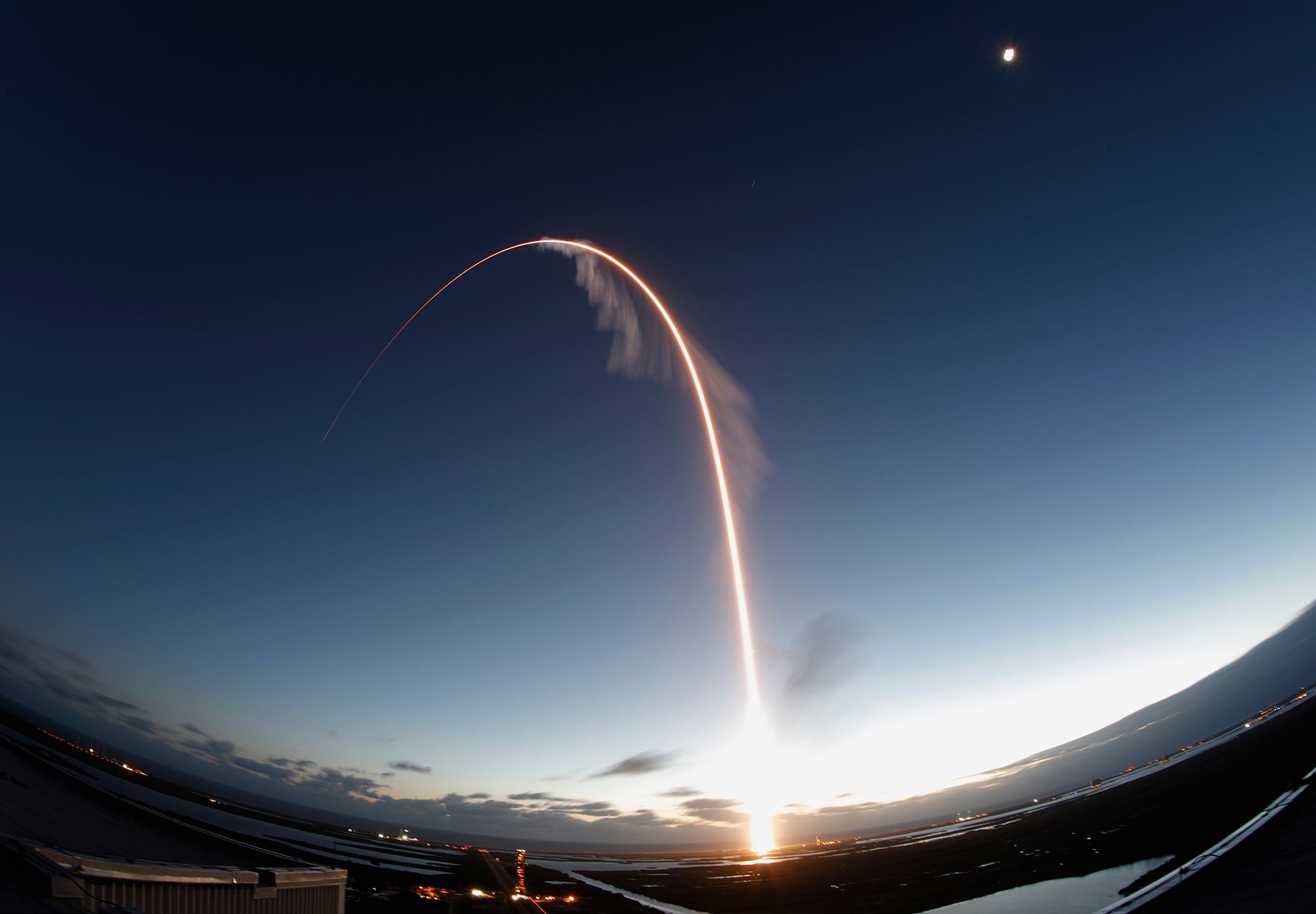The military will have to beef up its space intelligence as it stands up the United States Space Force says the new service’s vice commander.
“What we really need most is elements of a war fighting domain and military service that have been lacking over the years. We need our own core intelligence capability,” said Space Force Vice Commander Lt. Gen. David Thompson.
RELATED

Traditionally, both the military and intelligence community has seen space as a vantage from which to gather intelligence, but as the military switches to viewing it as a war fighting domain instead of a benign environment, the need for intelligence about space has increased. That includes knowing what objects are in space, where they are, what capabilities they have and what threat they pose to U.S. military and intelligence assets.
For Thompson, that means the nascent Space Force will need to build out its own intelligence capabilities as it grows increasingly independent of the United States Air Force.
“We need military, uniformed members of the Space Force, who understand deeply space intelligence,” said the vice commander.
Thompson also sees a need for the intelligence community to grow its own space intelligence capabilities to support the Space Force and United States Space Command. While Space Force leaders have spoken frequently about their close relationship with the intelligence agency most active in space, the National Reconnaissance Office, Thompson said the community’s current space intelligence capabilities would not meet the need.
“We probably need to grow the overall intelligence community enterprise focus on space,” said Thompson. “It has some organizations with tremendous technical and deep intelligence knowledge of space capabilities today, but it’s probably too small for the task in front of it, and it has to help us build, no kidding, uniformed intelligence officers like we have who understand land combat, who understand maritime combat, who understand air combat.”
Currently, the United States Space Command relies primarily on the National Space Defense Center and the National Air and Space Intelligence Center for space intelligence, although there have been calls for a new national space intelligence center to coordinate and develop space intelligence for the Space Force.
Maj. Gen. John E. Shaw, now commander of the Space Force’s Space Operations Command, explained the rationale for such a center at the Intelligence and National Security Summit Sept. 5.
“We are going to have to grow intelligence professionals for the space domain that support operational and foundational intelligence for a potential war that extends to space. That’s going to be a major focus for us,” he said. “In the near to mid-term a Space Force is probably going to leverage what’s at [National Air and Space Intel Center] already. It’s possible —possible — that in the future there is a separate national space intelligence center.”
Nathan Strout covers space, unmanned and intelligence systems for C4ISRNET.








